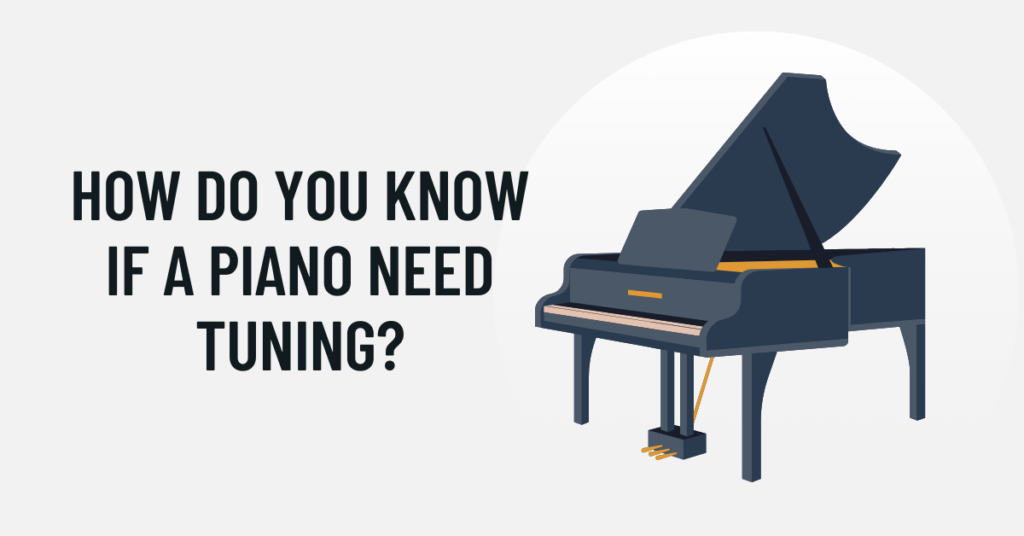The piano, with its magnificent array of keys and strings, is a timeless musical instrument capable of producing exquisite melodies and harmonies. However, to maintain its full potential, a piano requires regular tuning. But how do you know when your piano needs tuning? This article explores the signs and indicators that can help you determine if your beloved piano is due for a tuning session.
1. Pitch Discrepancy
One of the most noticeable signs that a piano needs tuning is when the pitch of the notes sounds off. If you notice that certain keys sound significantly higher or lower than others, it’s a clear indication that your piano is out of tune. This discrepancy can occur due to changes in humidity, temperature fluctuations, or simply regular wear and tear.
2. Sound Dullness or Lack of Clarity
A well-tuned piano produces clear, vibrant tones. If you notice that the sound coming from your piano is dull, lacks clarity, or feels muted, it’s a strong indication that the instrument needs tuning. Over time, the strings in a piano lose their tension, affecting the sound quality and resonance.
3. Strings That Won’t Hold a Tune
Piano strings are under high tension and can stretch or contract over time. If you find that certain strings no longer hold their tune, even after being tuned, it suggests that the piano requires professional attention. This problem often occurs in older pianos or instruments that haven’t been tuned for an extended period.
4. Changes in Season and Humidity
Pianos are sensitive to changes in humidity and temperature. As the seasons change, especially during the transition from humid to dry conditions, the wooden parts of the piano expand or contract, affecting the tension in the strings. This fluctuation can cause the piano to go out of tune. If you notice your piano sounding different after a change in seasons, it’s a good time to schedule a tuning.
5. Regular Maintenance Schedule
Even if your piano sounds fine to you, it’s essential to adhere to a regular tuning schedule. Professional pianists often have their pianos tuned several times a year to maintain optimal performance. Regular tuning not only keeps the piano in tune but also allows the technician to identify and address potential issues before they worsen.
6. Physical Inspection
Physically inspecting your piano can also reveal signs of the need for tuning. Check for rust on the strings, which can affect the sound quality. Inspect the felt hammers for wear and tear. Any visible signs of deterioration or damage indicate that your piano may require tuning and maintenance.
You can also watch this video below to know how do you tune a piano:
Conclusion
A well-tuned piano is a joy to play and listen to, producing harmonious melodies that resonate through the soul. By paying attention to the pitch, clarity of sound, string stability, environmental changes, regular maintenance, and physical condition of your piano, you can determine whether it needs tuning. Regular professional tuning not only ensures your piano sounds its best but also prolongs its lifespan, allowing you to continue enjoying the beauty of this timeless musical instrument for years to come.
Learn more about piano from our articles below


